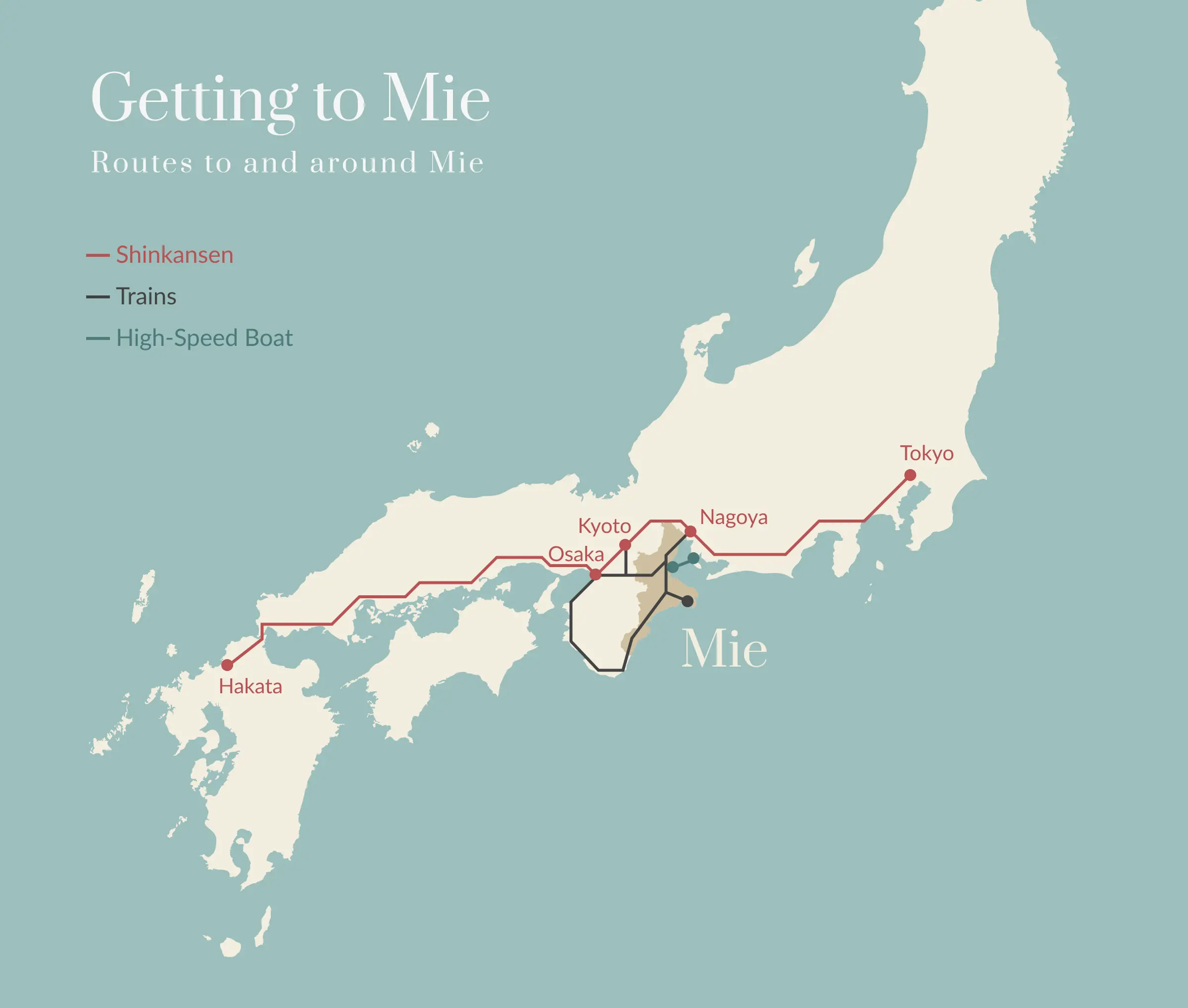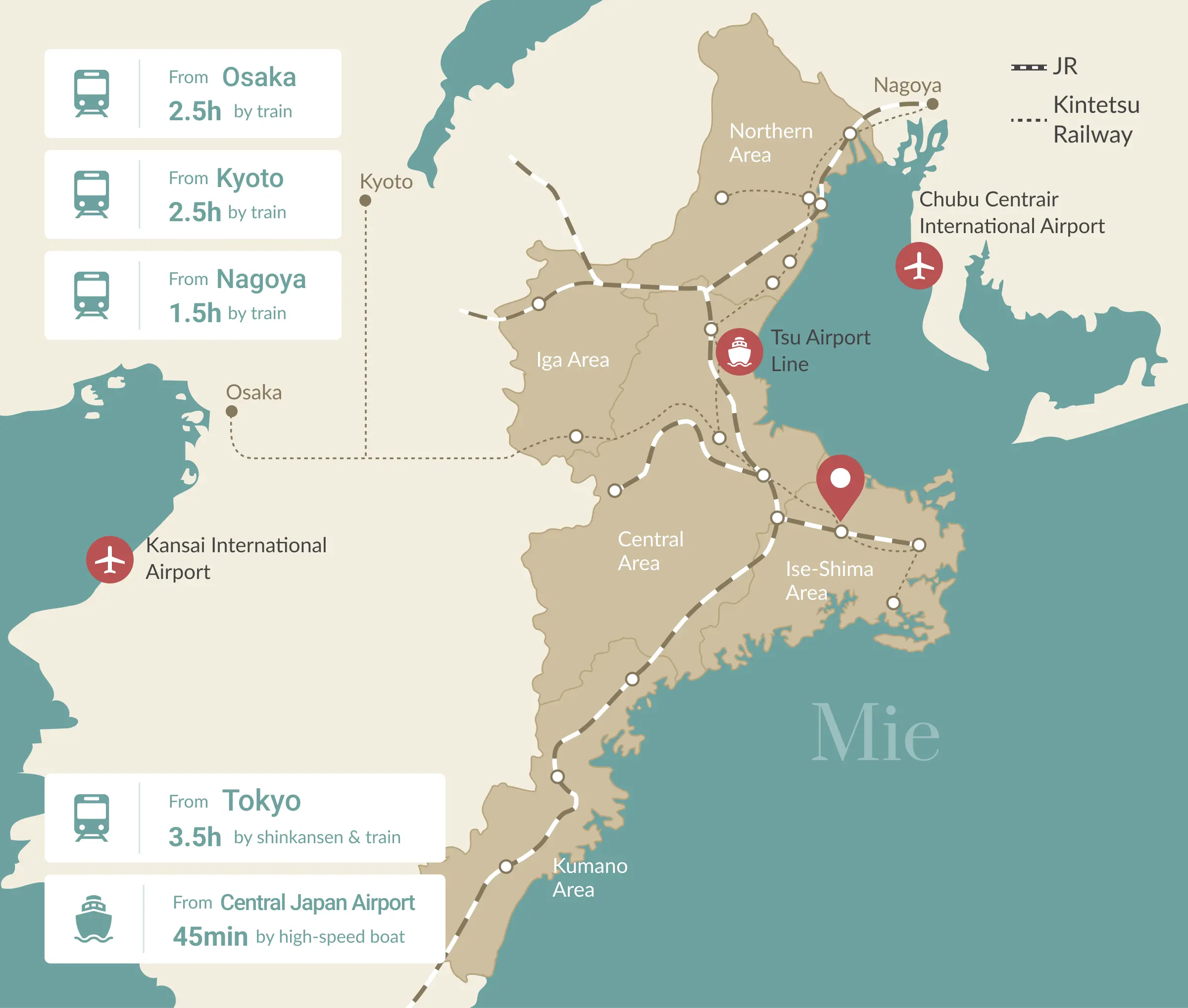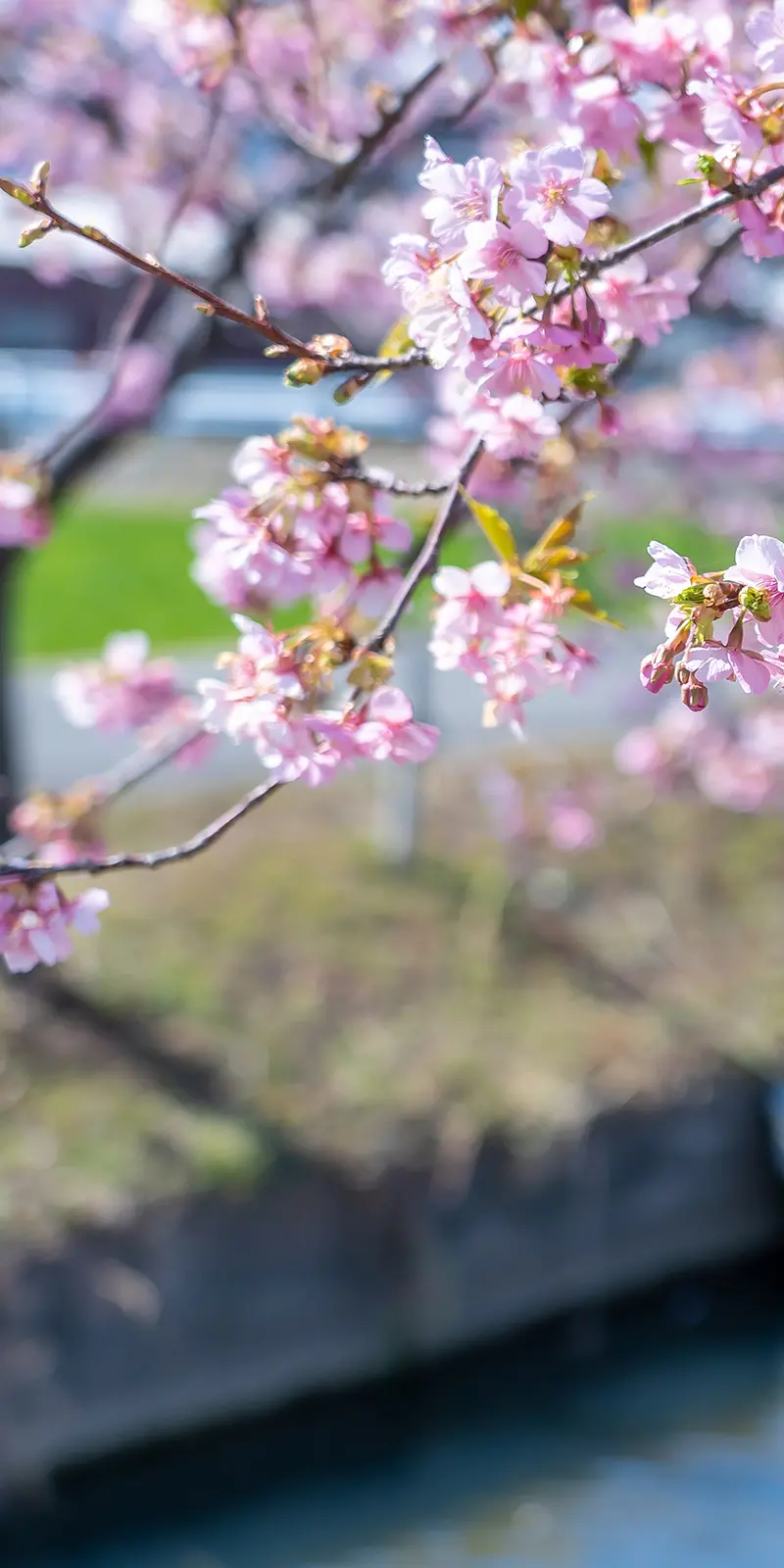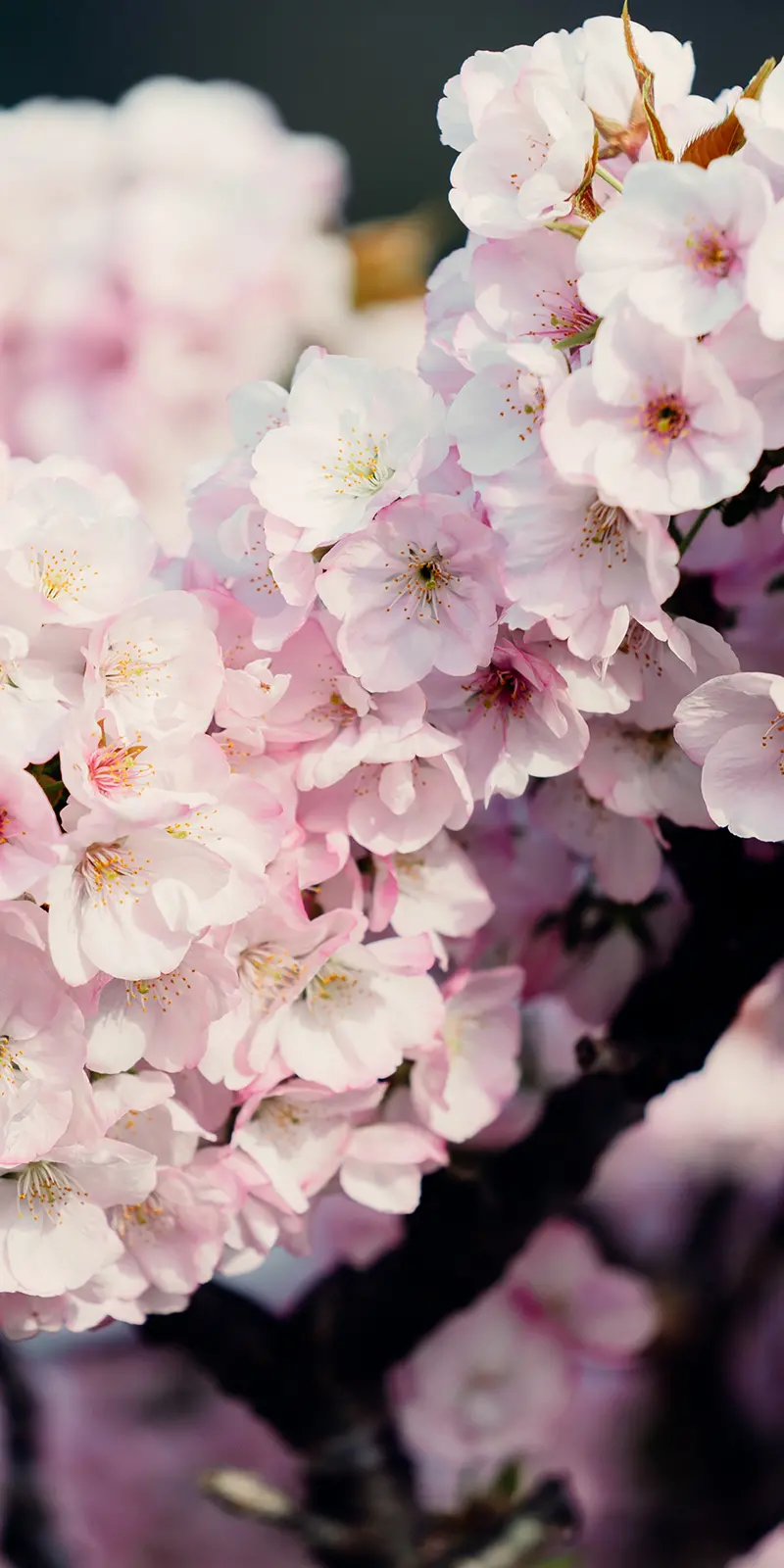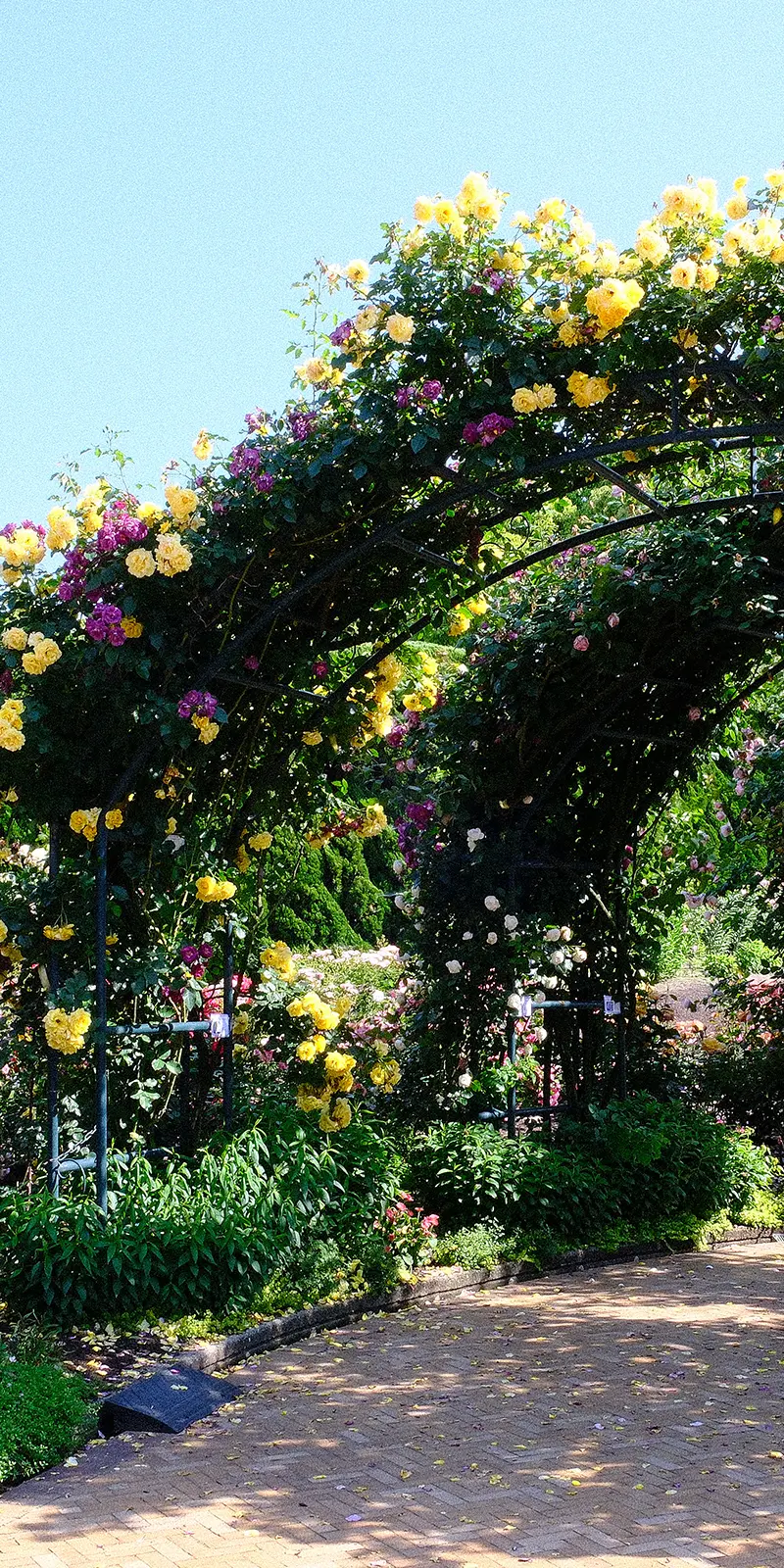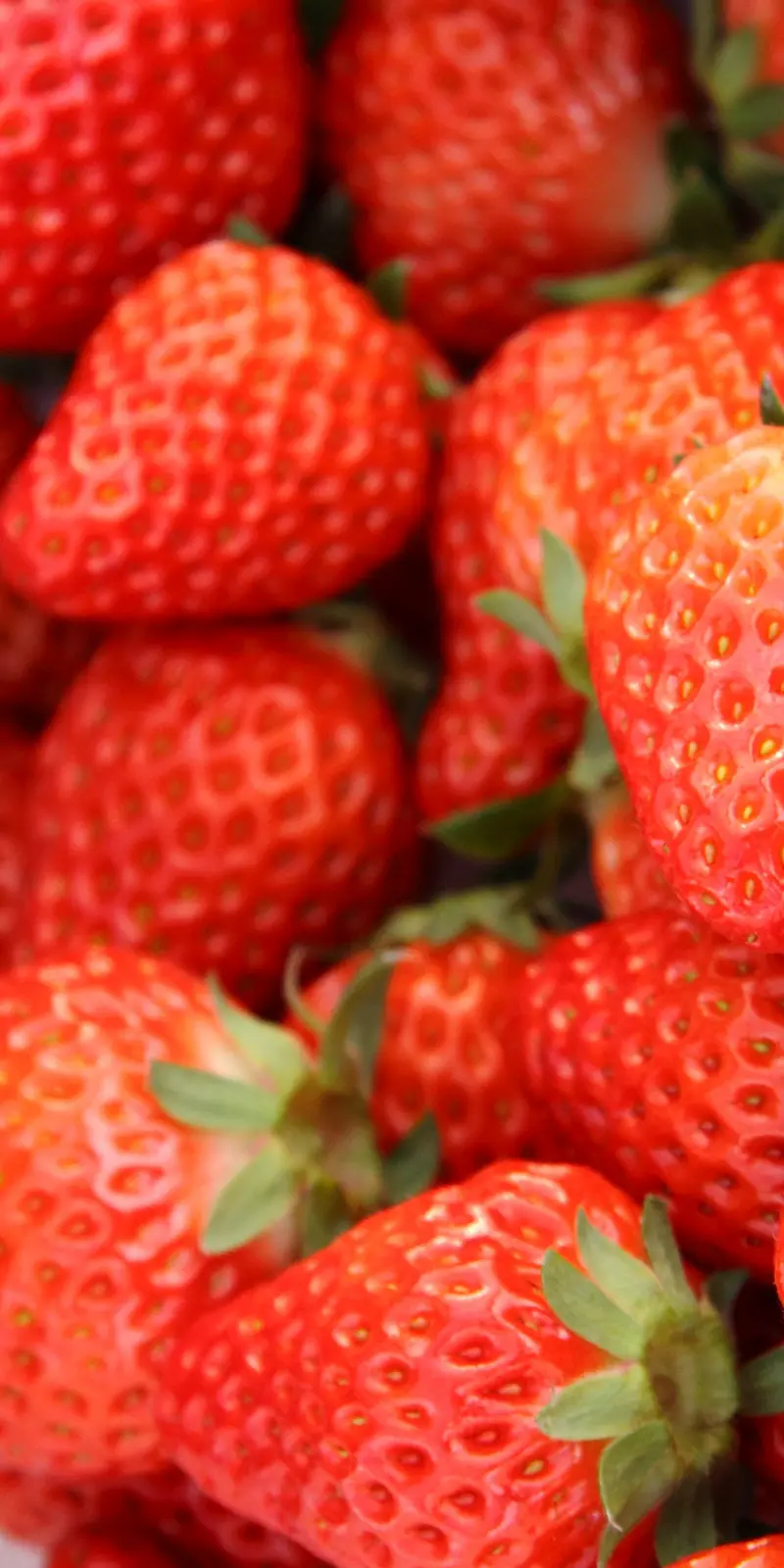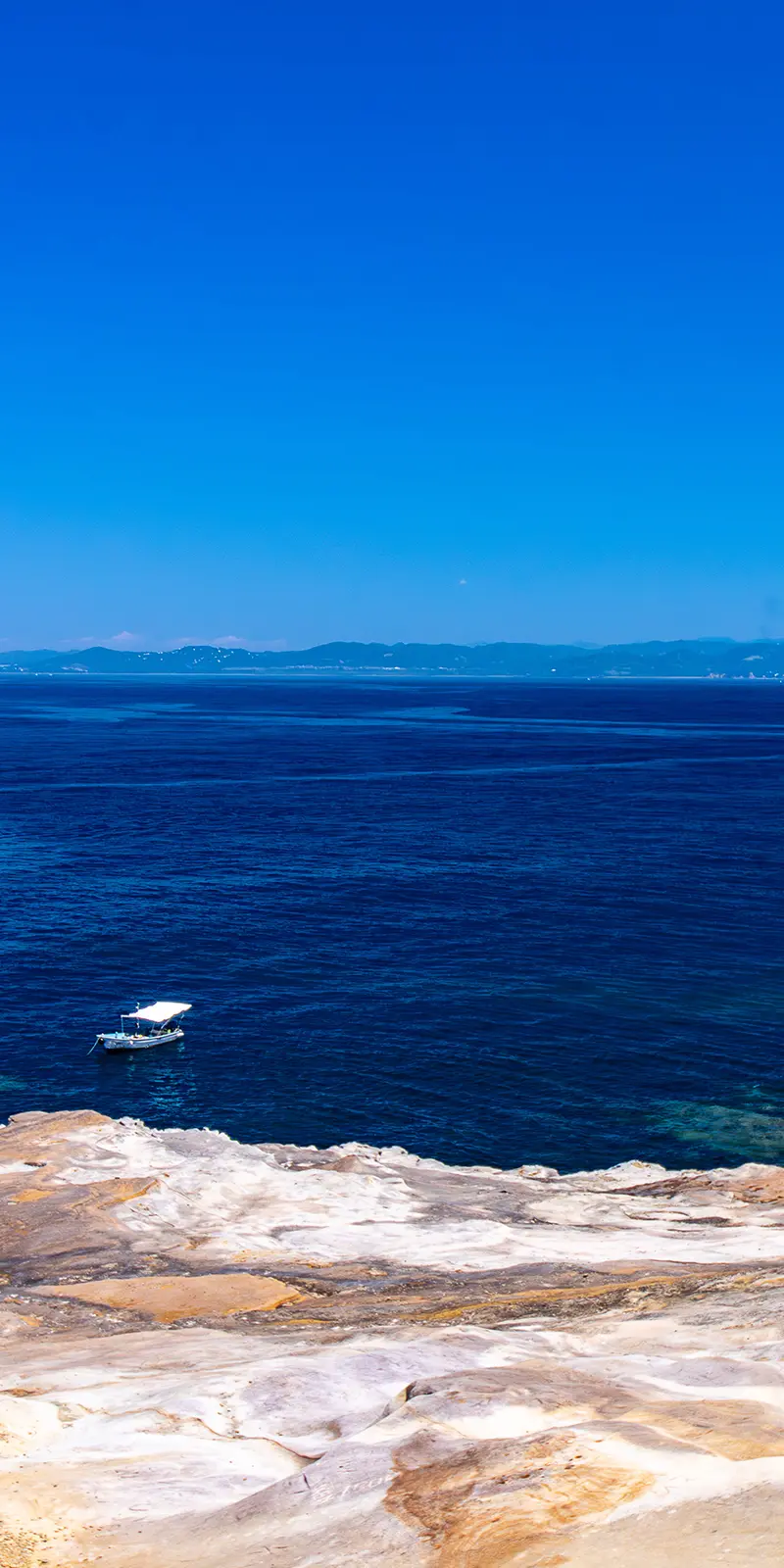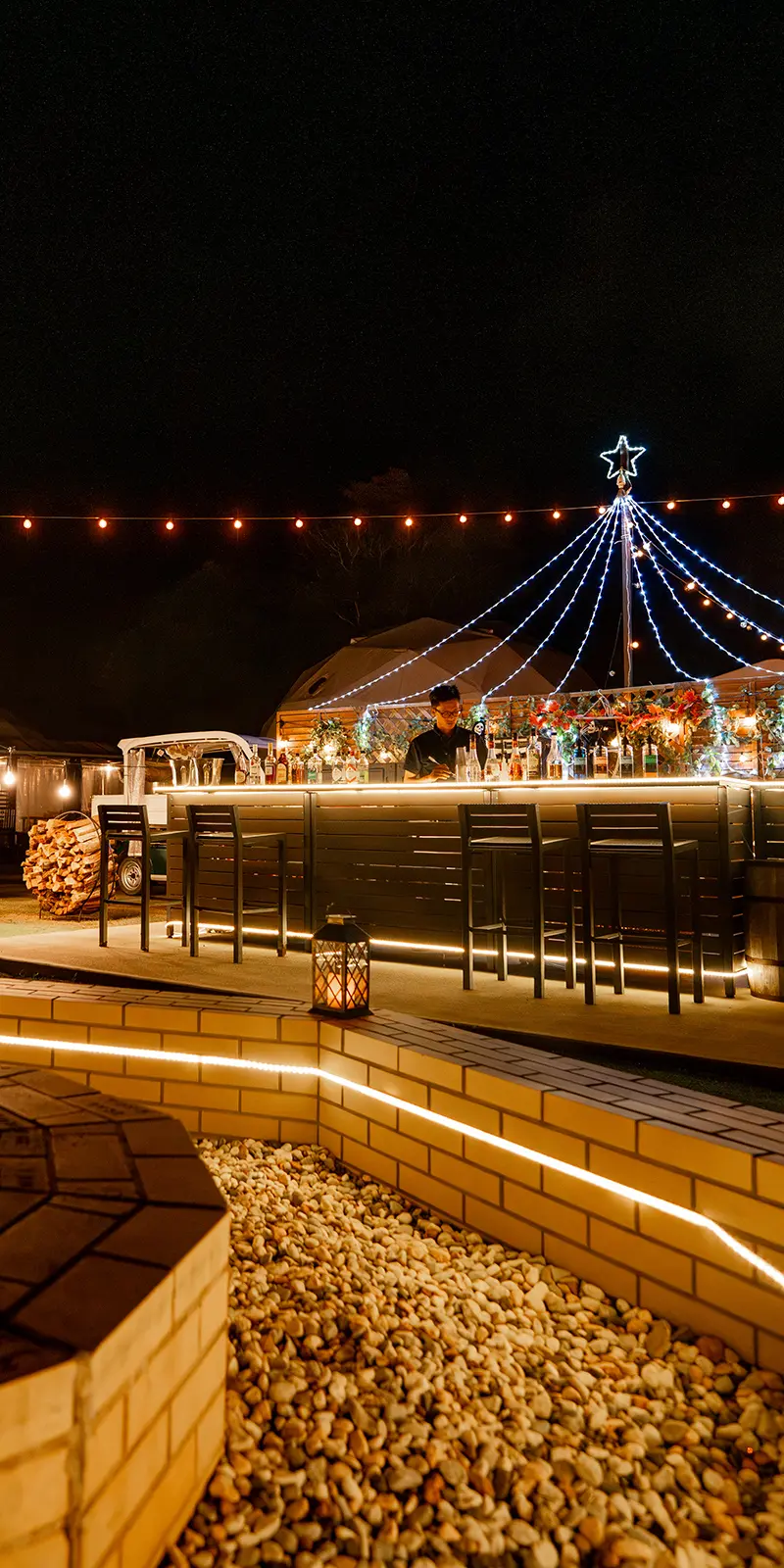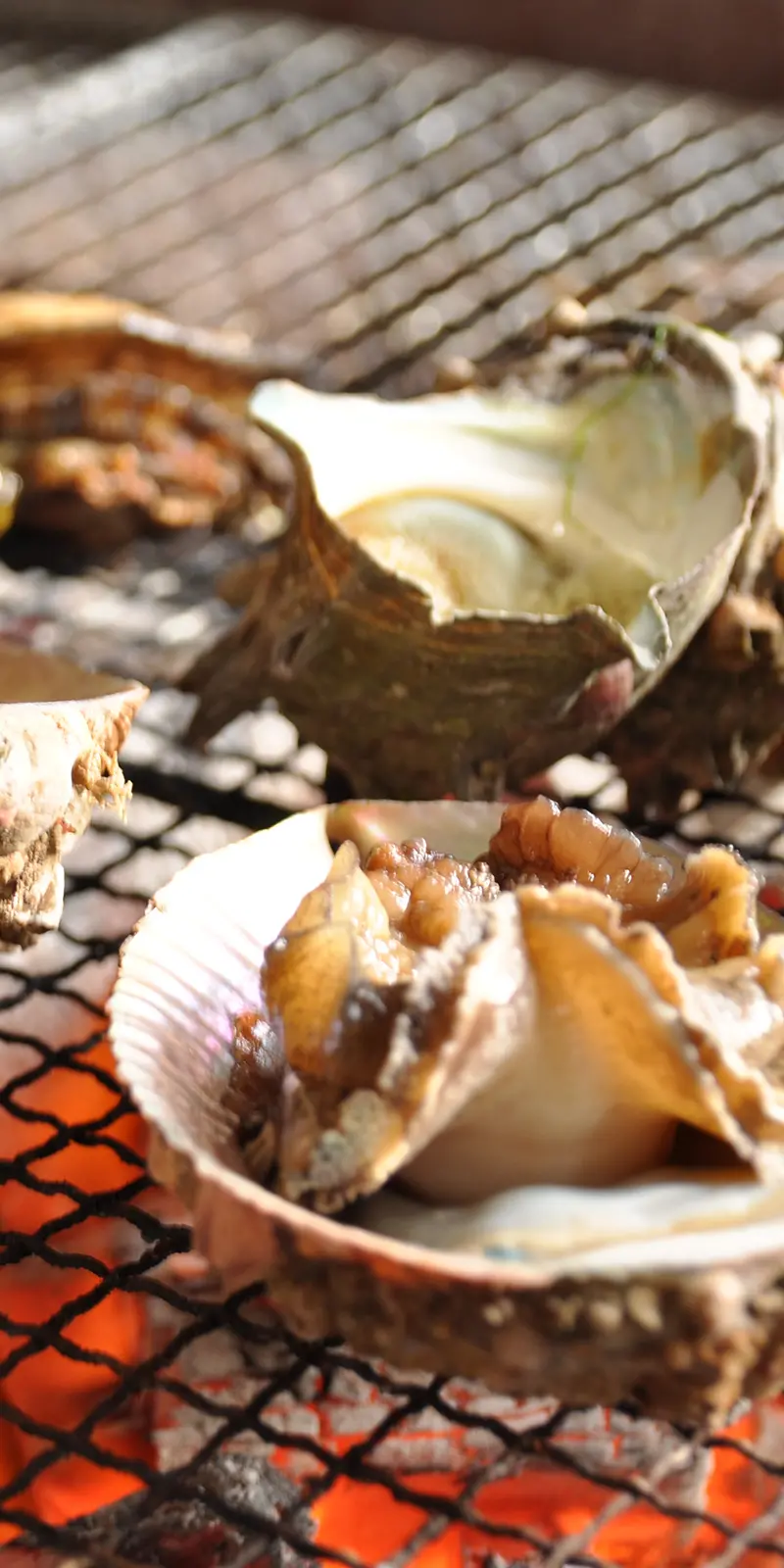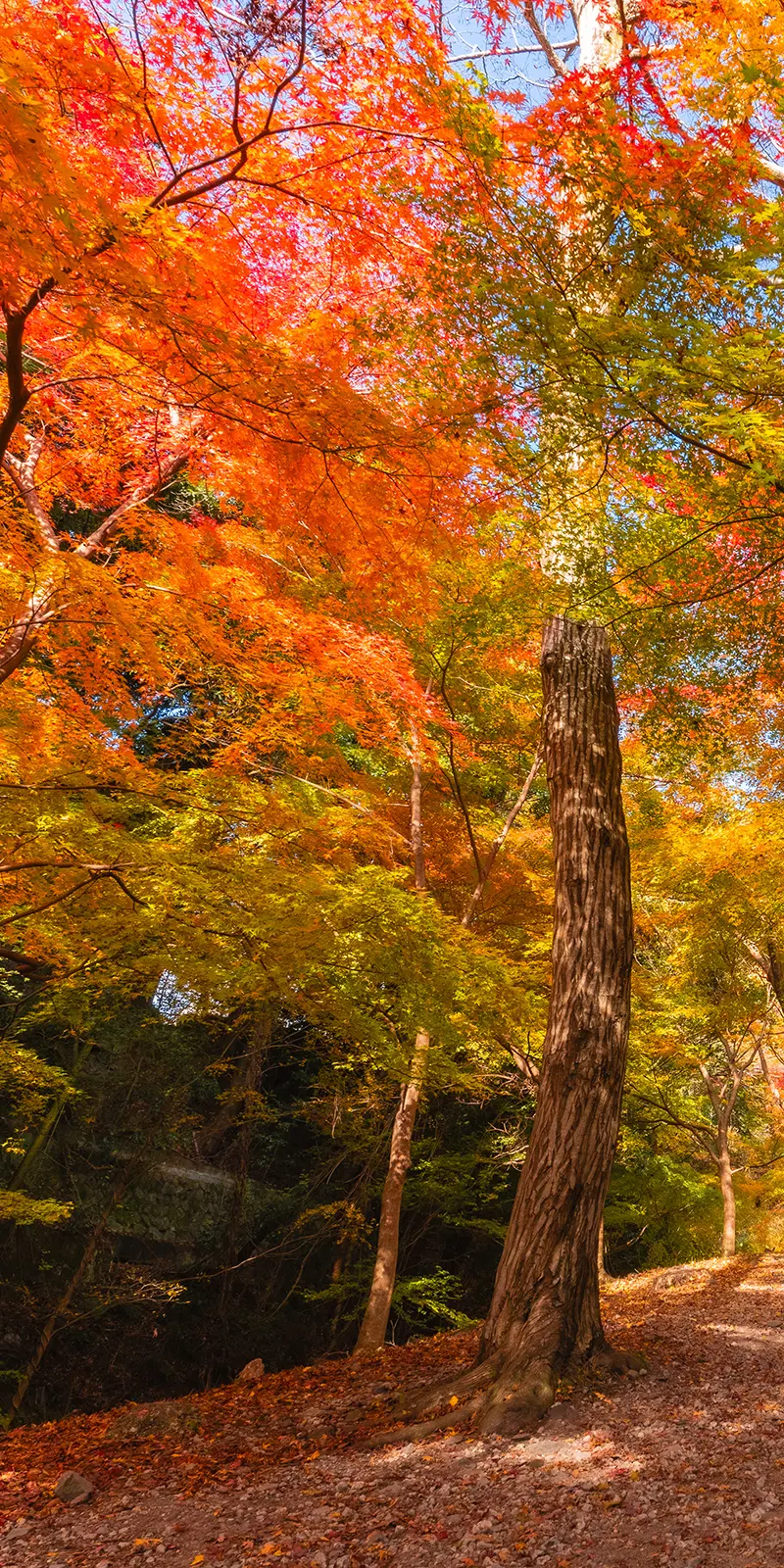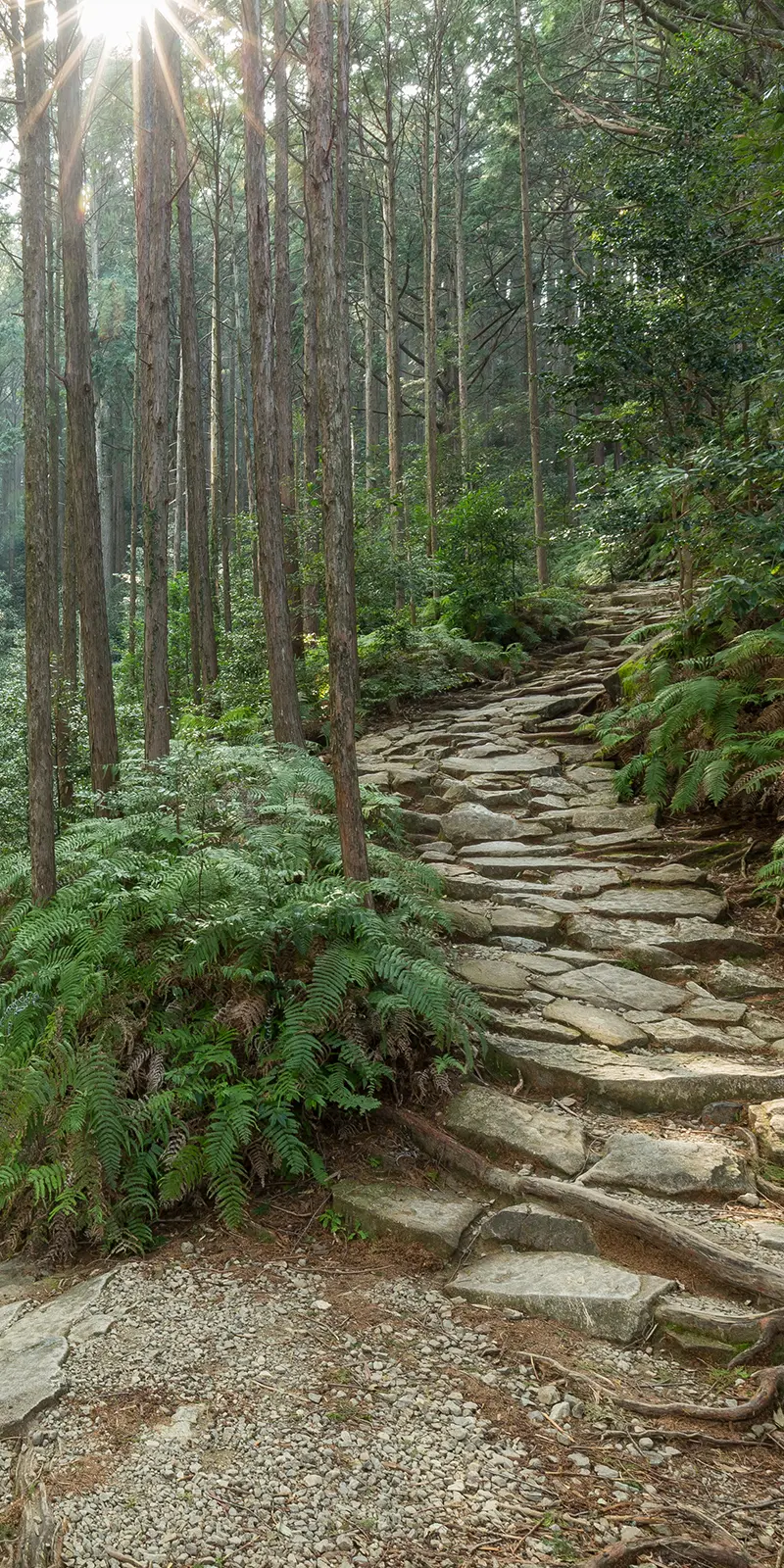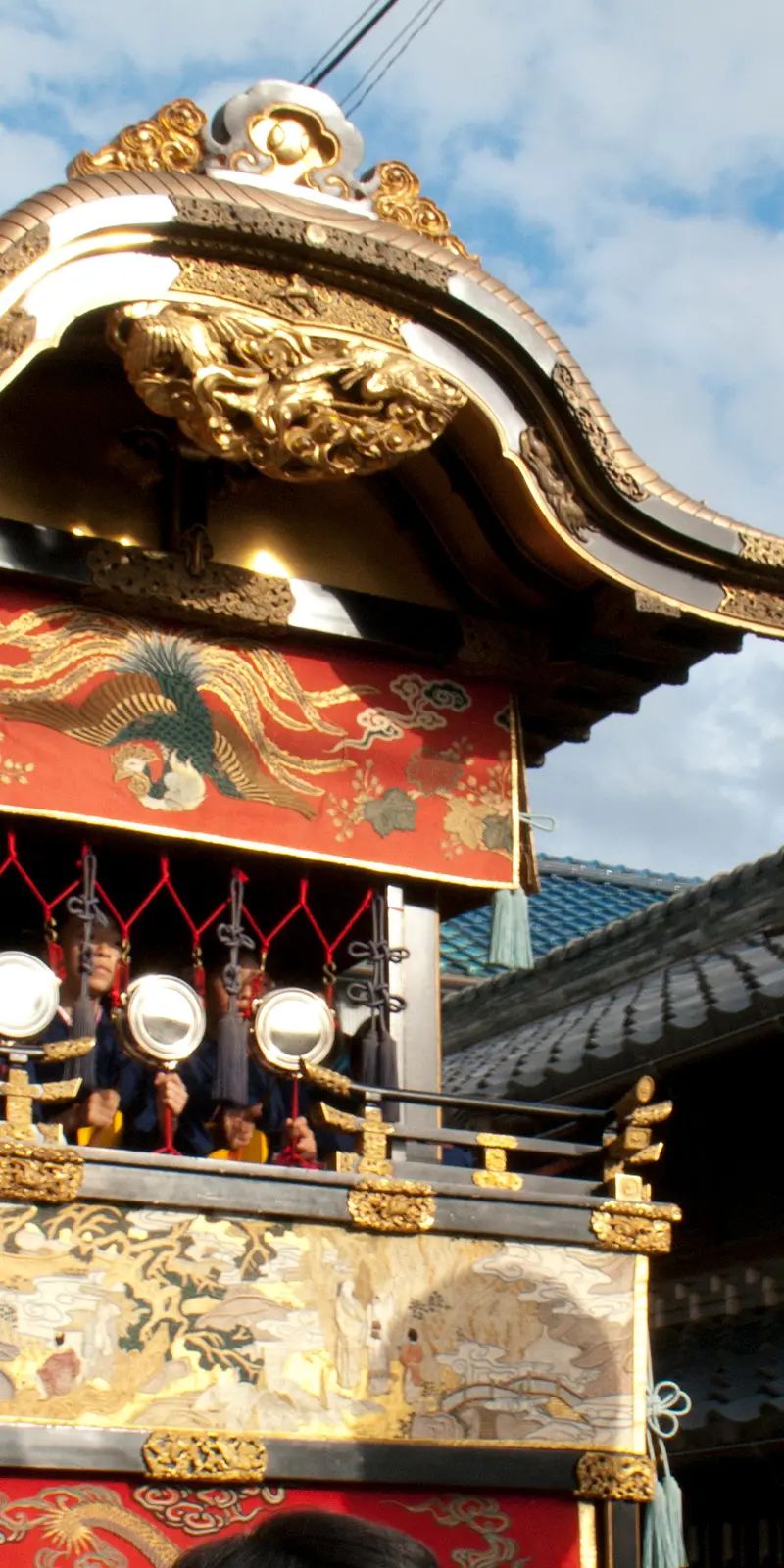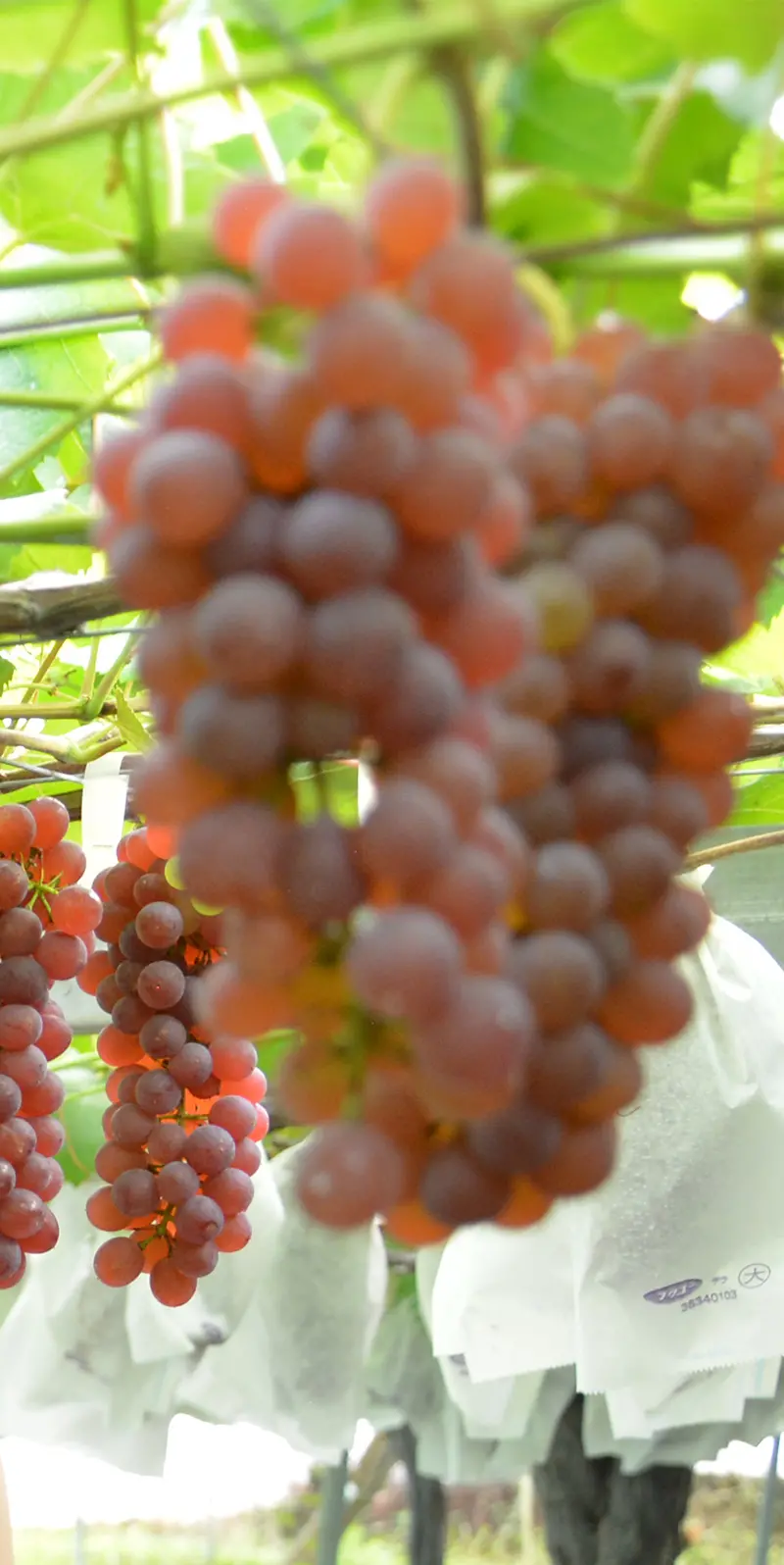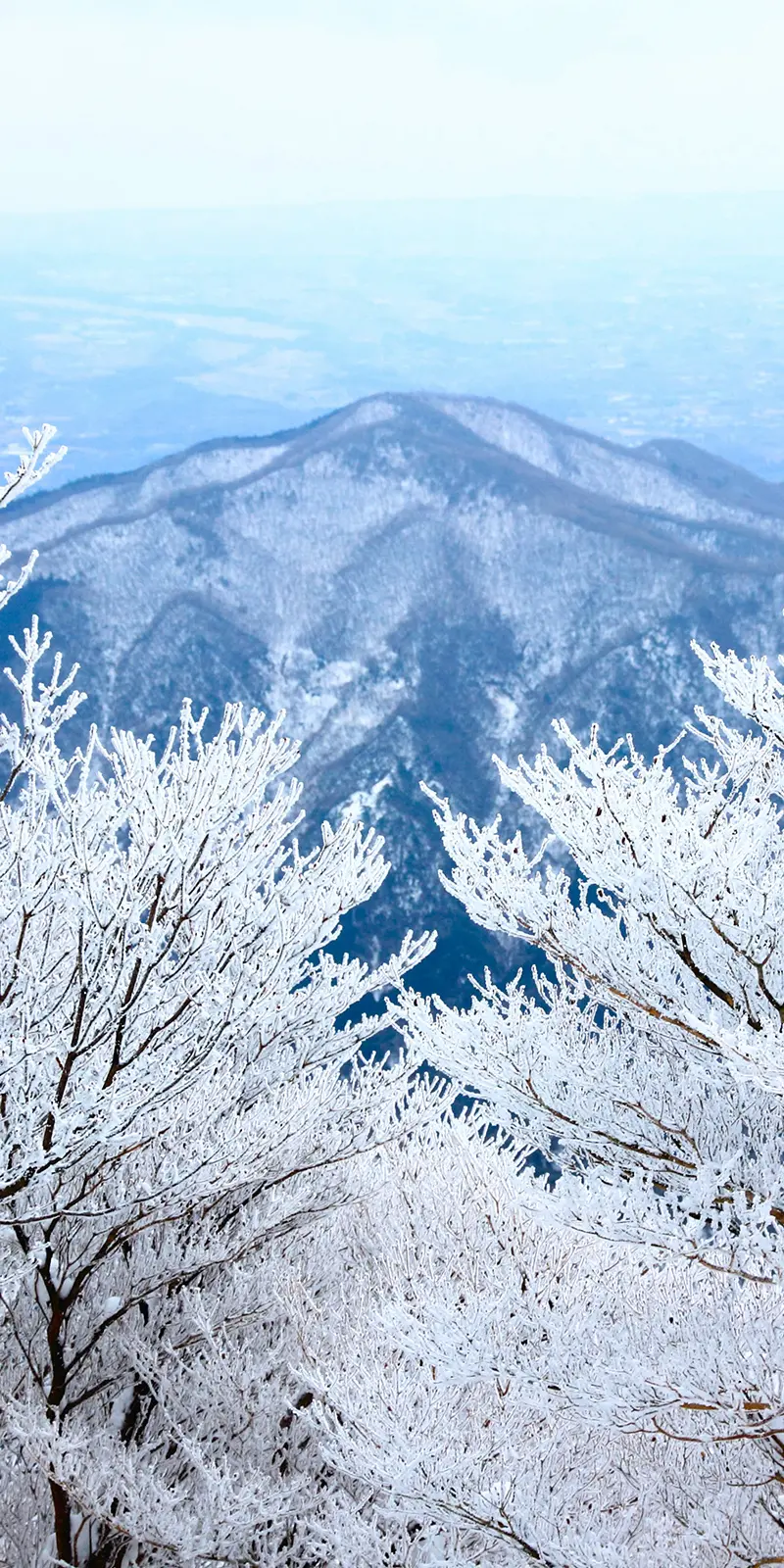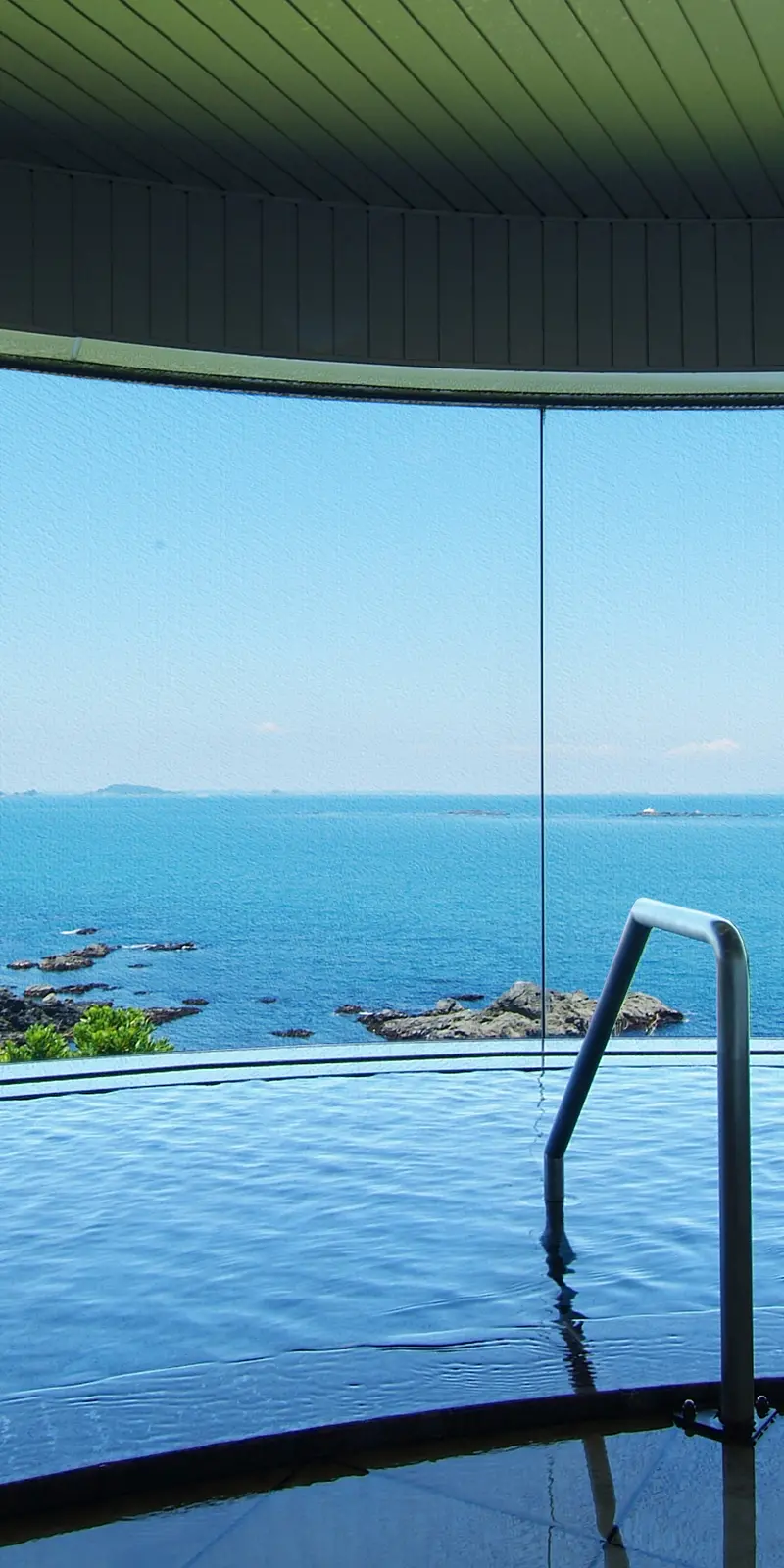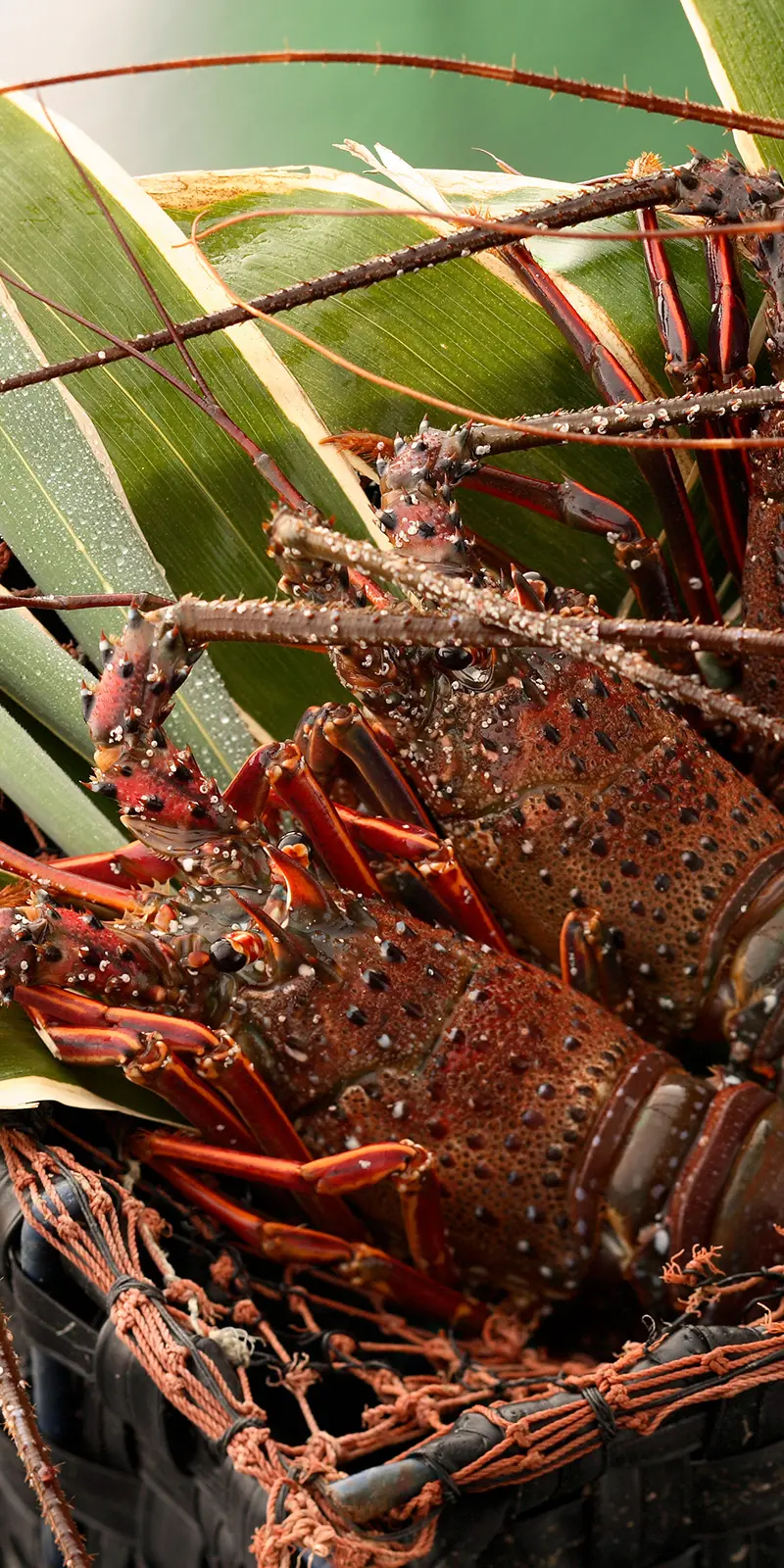Once in Your
Lifetime
Scroll
Mie: Nature, Spirit, and
Adventure
Visit Mie Prefecture, Japan's hidden gem.
Home to the country's most important shrine, beautiful coastal views, and the birthplace of ninja.
Whether you're walking ancient paths or enjoying fresh local food, Mie's natural beauty and rich history create perfect travel memories.
Discover Mie
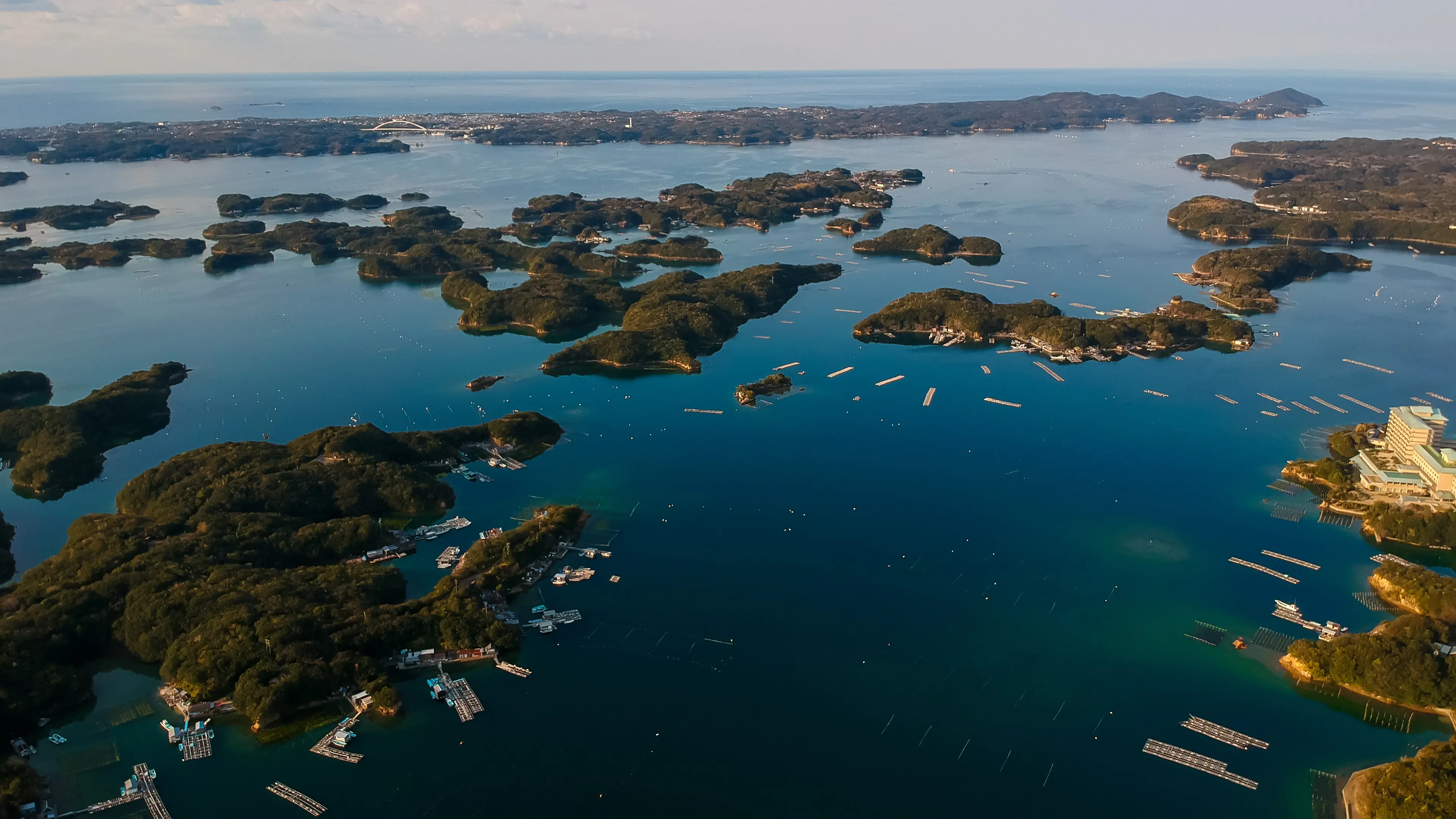
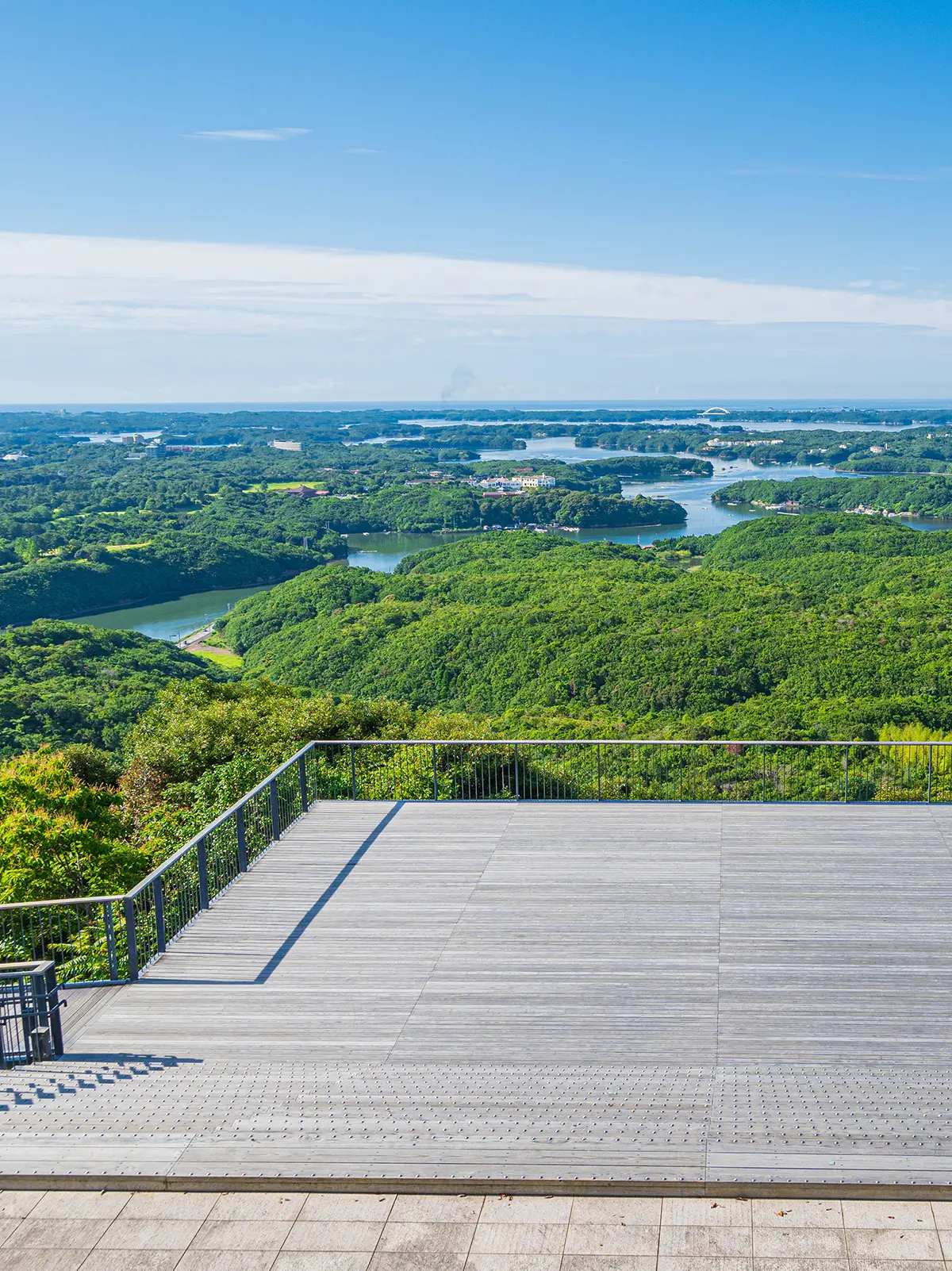
Ise-Shima
Home to Stunning Natural Beauty and a Rich Historical Culture
Ise-Shima blends ancient traditions, stunning landscapes, and rich flavors. At its heart is Ise Jingu, Japan’s most sacred Shinto shrine, surrounded by historic streets. Explore rugged coastlines, serene bays, and sustainable practices, making Ise-Shima a journey into Japan’s soul.

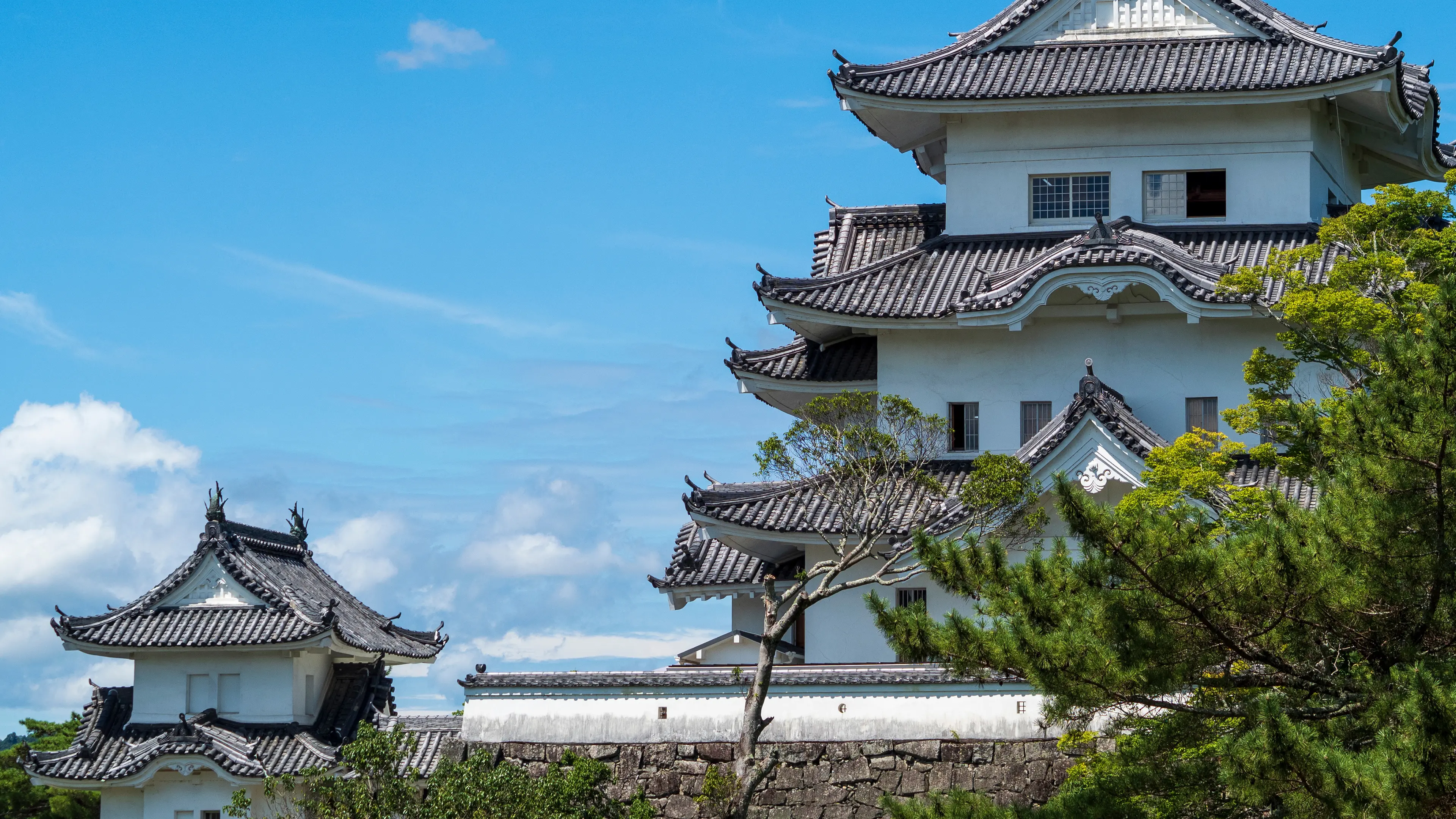
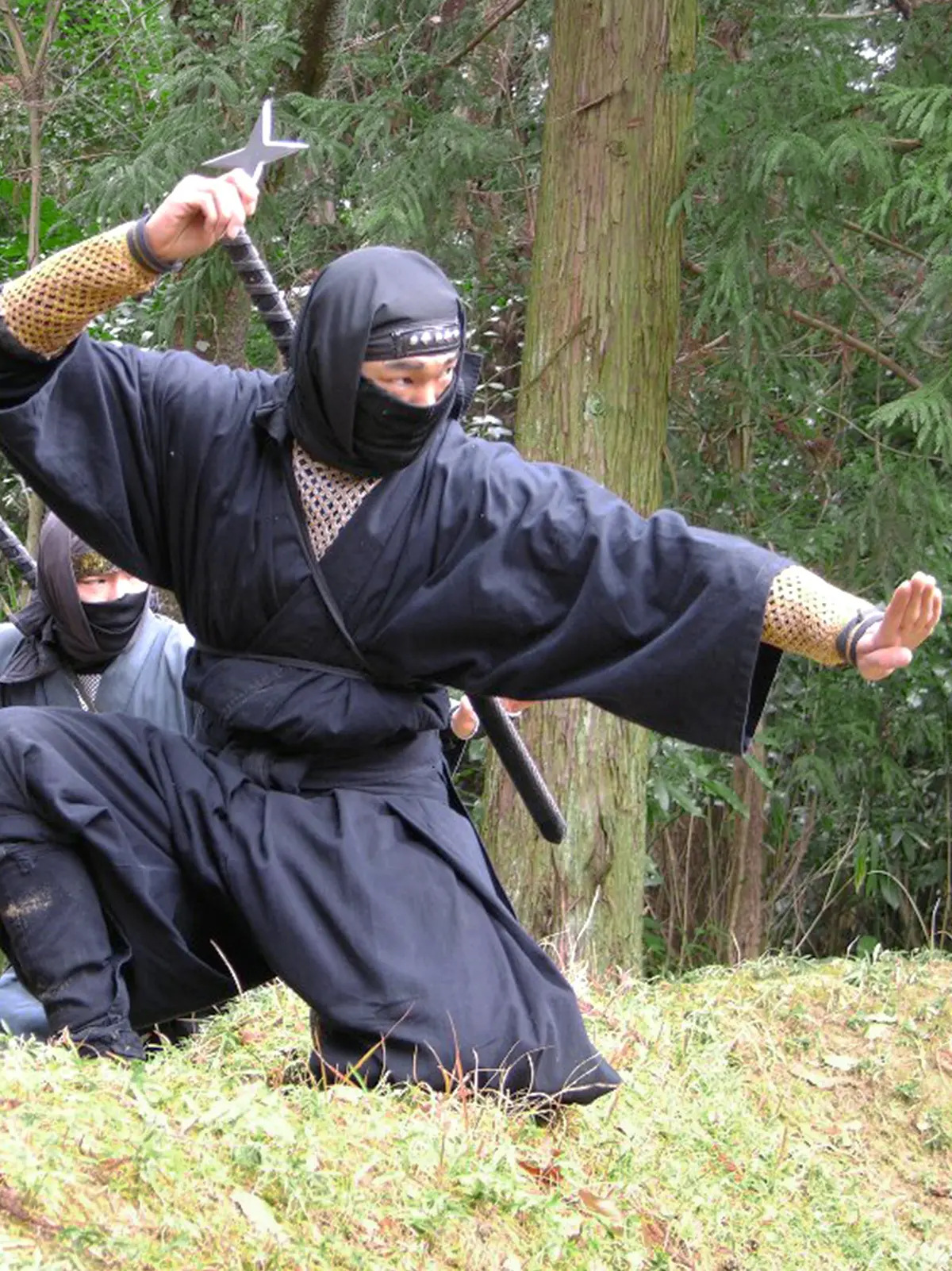
Iga
The Birthplace of Ninja
Discover Iga, the birthplace of Japan's ninja heritage. Once a hidden stronghold of espionage and stealth, Iga-ryu ninjas mastered the art of deception, using cunning tactics, and smoke bombs, to outmaneuver their enemies. Visit the Iga-ryu Ninja Museum for thrilling shows.

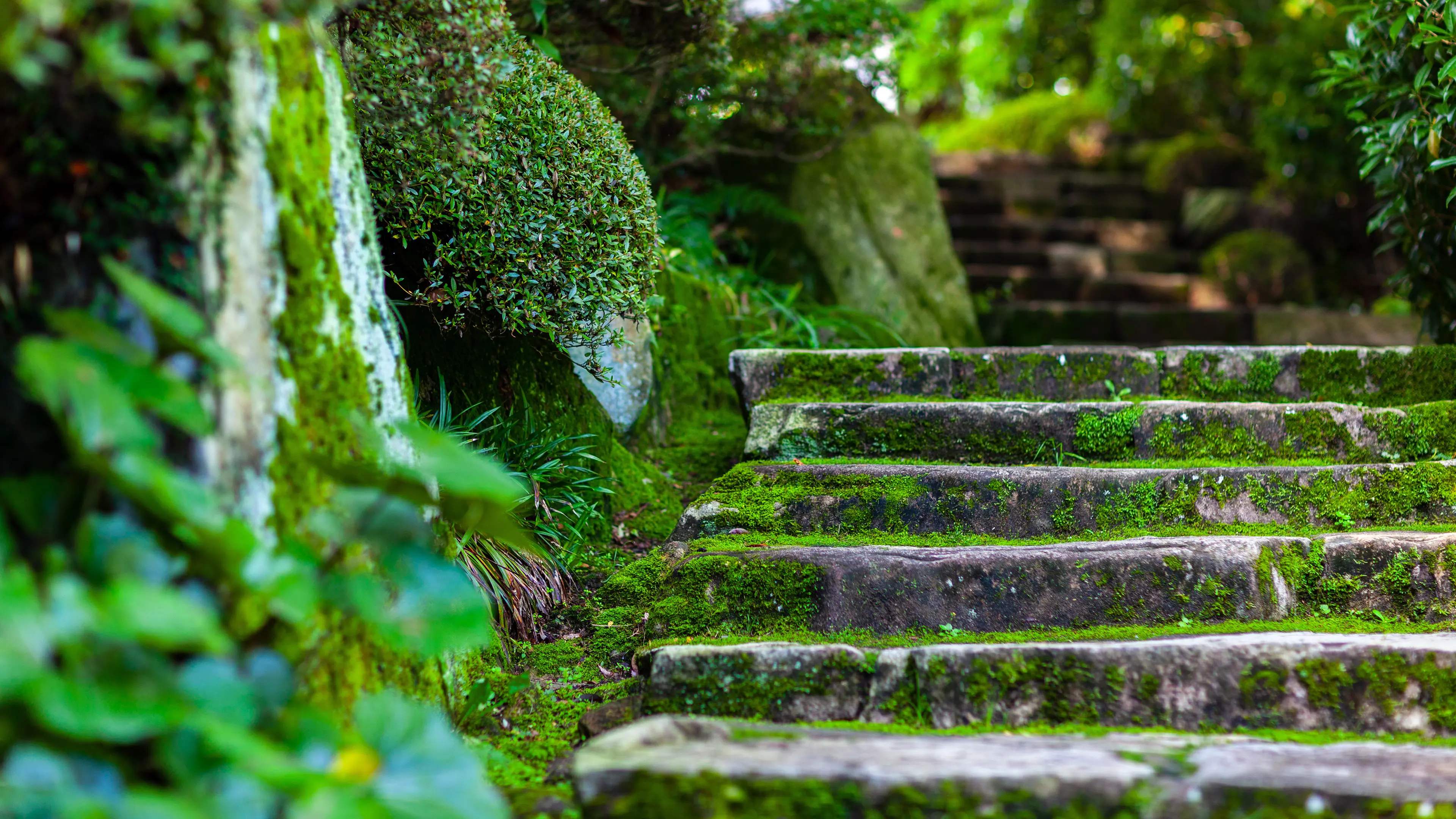
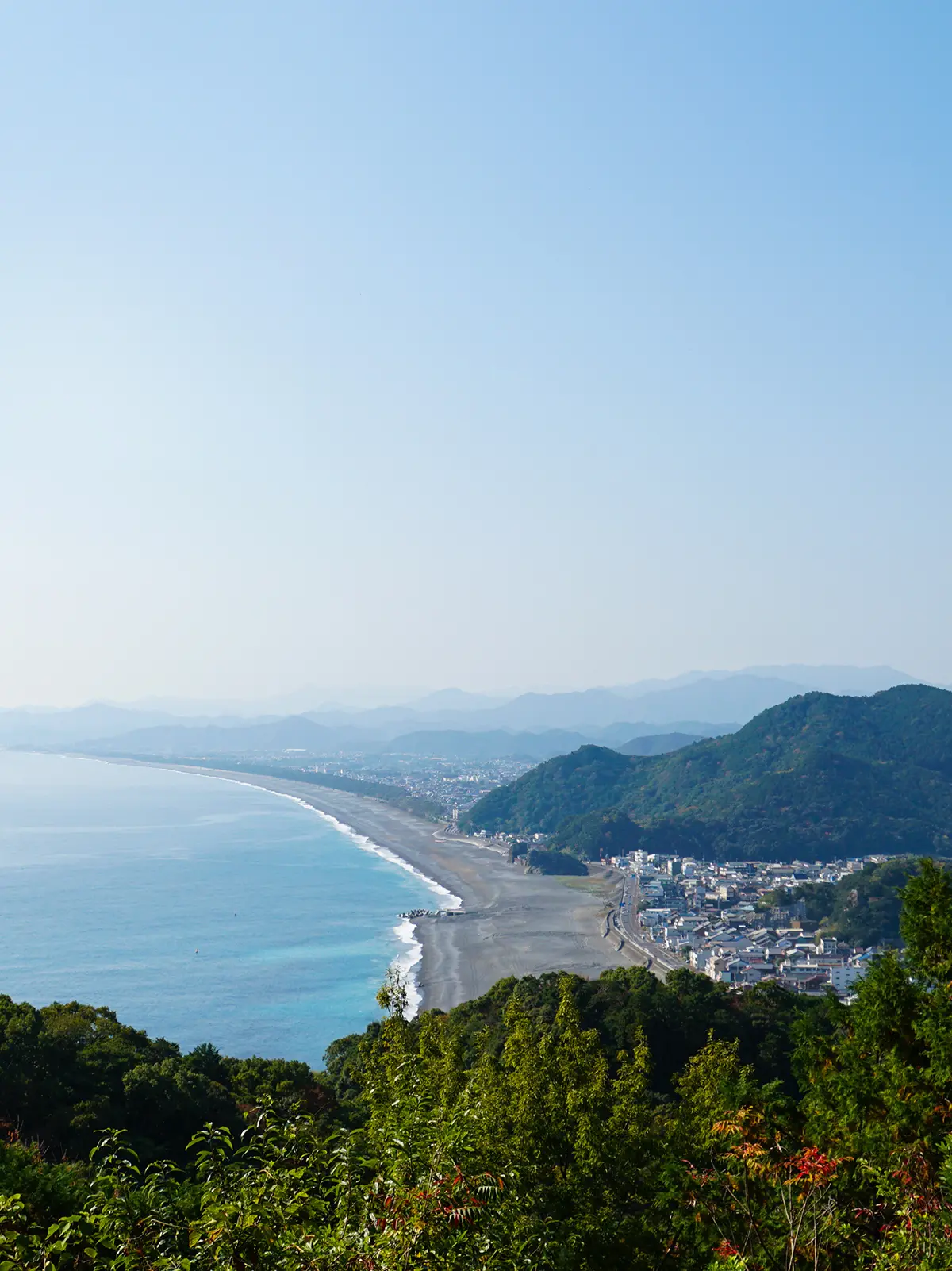
World Heritage
Kumano Kodo
Iseji Route
A Sacred Pilgrimage Trail
Walk the Kumano Kodo Iseji Route, linking Ise Jingu and Kumano Sanzan. This sacred trail offers coastal views, ancient forests, and serene mountains. Highlights include Hananoiwaya Shrine, Shichiri Mihama Beach, and Onigajo rock formations, uniting nature, culture, and tradition.

Seasonal Information
